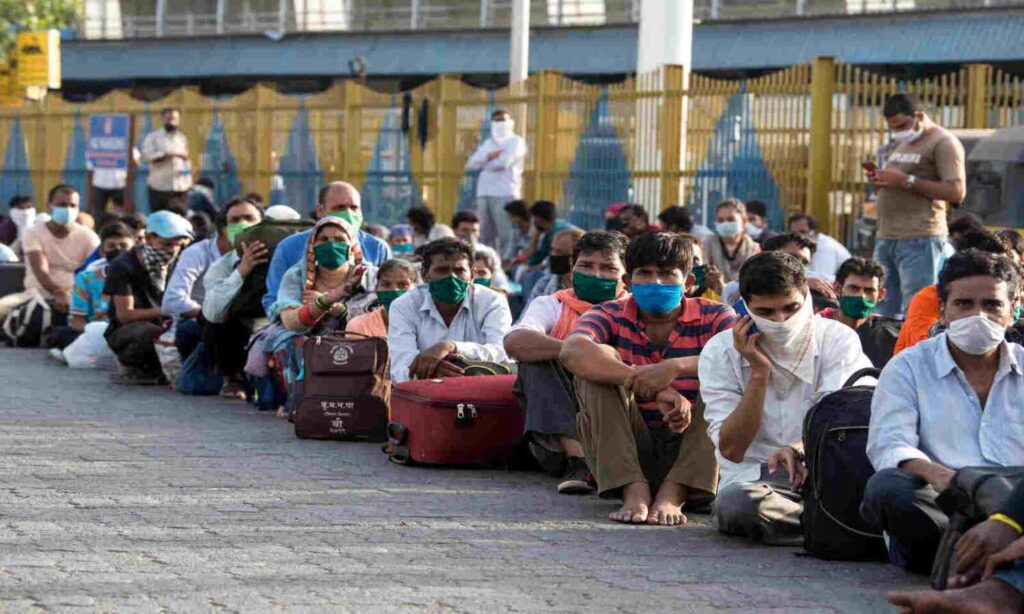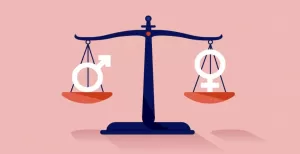Demand For Jobs Under MGNREGA Has Reduced But Still Higher Than Pre-Pandemic Years
Union Finance Minister Nirmala Sitharaman, while addressing the Lower House of the Parliament on December 14, 2022, claimed that the demand for work under the Mahatma Gandhi National Rural Employment Guarantee Act (MGNREGA) is declining.
“There is now very obviously a declining demand for jobs in the rural areas. In the rural areas, the demand for MGNREGA in the recent past has been coming down,” Sitharaman had said.
The Finance Minister did not mention exact timelines of the decline in jobs. Demand for jobs has fallen 5.8% from over 8.55 crore households demanding work in 2020-21 to about 8.05 crore in 2021-22. This trend continued in 2022-23, and until December 22, over 6.24 crore households demanded work, lower when compared to the same period in the two previous years.
But the demand for jobs is still higher than it was in 2019-20, before the pandemic and related-lockdowns led to people migrating back to the villages, often without jobs, and reduced incomes.
MGNREGA is a social security and employment scheme which aims to provide “at least 100 days of guaranteed wage employment in a financial year to every rural household whose adult members volunteer to do unskilled manual work.” It comes under the Ministry of Rural Development, and was implemented in 2006.
What the MGNREGA dashboard shows
To verify Sitharaman’s claim, FactChecker analysed data from the MGNREGA dashboard on demand for work under the programme between March 2018 and December 22, 2022.
Demand for work in rural areas was steadily increasing – from 5.87 crore households and 9.11 crore people in 2018-19 to 6.16 crore households and 9.33 crore people in 2019-20, the MGNREGA dashboard shows.
It went up further due to the unprecedented Covid-19 crisis and subsequent stringent lockdown measures imposed by the government in March 2020, when around 11.4 million migrant workers, who found themselves stranded in the employment hubs of urban India, returned to their villages. Households demanding employment under MGNREGA shot up by 38.7% during the first wave of the pandemic in 2020-21. Individuals demanding work in 2020-21 increased by 42.7% over 2019-20, compared to increases of 8.6% in 2018-19 and 2.4% in 2019-20.
As economic activities gradually resumed after India’s Covid-19 second wave in 2021-22, around 5.8% fewer households demanded work under the rural employment scheme, compared to 2020-21.
The period between 2019-20 and 2020-21 must be considered as unusual years because of the COVID-19 crisis, Vijay Ram S, researcher at Peoples’ Action For Employment Guarantee (PAEG), told FactChecker. However, if we only had to look at data from the pre-pandemic years and compare it with data till December 22, 2022, the demand for jobs by households has only increased—from 6.16 crore in 2019-20 to more than 6.24 crore as of December 22, 2022. With three months remaining in the current financial year, the figures will increase further, explained Ram.
Further, MGNREGA workers across the country are waiting for almost Rs 4,447.92 crore in pending wage payments, according to a Lok Sabha response given by Minister of State for Rural Development Sadhvi Niranjan Jyoti on December 13, 2022. Of this, the Union government owes nearly 68% of the pending wages to West Bengal, followed by Kerala (10.2%) and Tamil Nadu (4.7%).
The finance minister, during her speech in the parliament said that MGNREGA funds to West Bengal have been halted since March 2022, “because of complaints which were received from various people. As per the MGNREGA Act, the Central government upon receiving these complaints shall keep the release of funds on hold, till necessary explanation is received from the concerned state.” said Sitharaman.
FactChecker tried contacting Nirmala Sitharaman’s office via email and phone for comment and clarification regarding the reasons for pending wages to state governments across the country but did not receive a response by the time of publishing this article. We will update the article when we do.
(Courtesy: Factchecker, a dedicated fact-checking initiative of IndiaSpend that examines statements and assertions by prominent figures in public life for both accuracy and context. IndiaSpend is a non-profit online webportal.)




